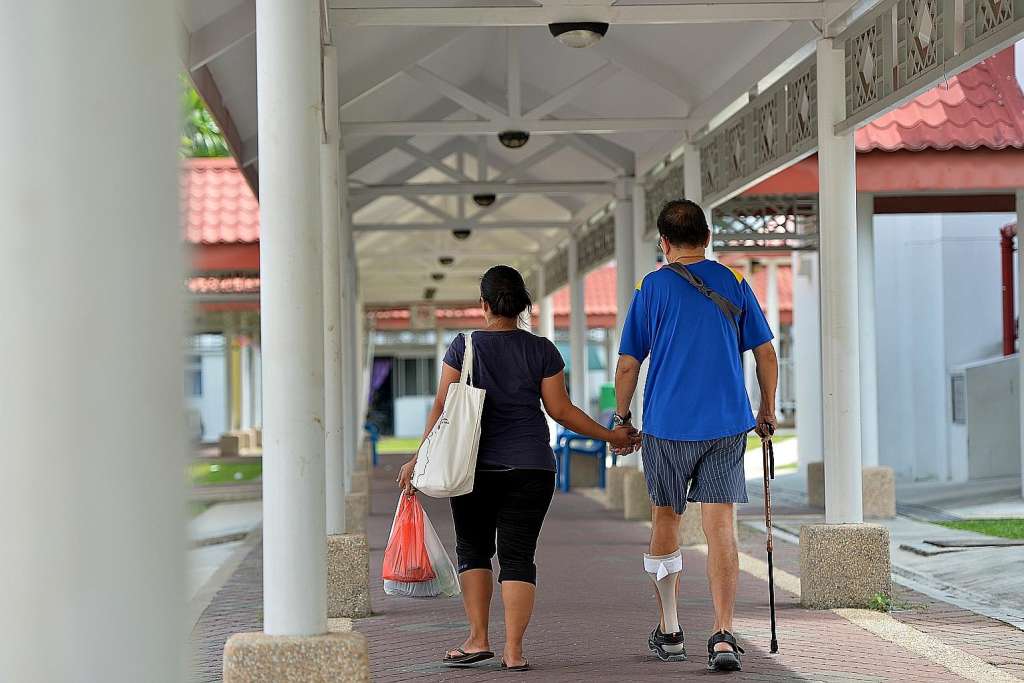A group of Singapore researchers is proposing a skills-based, tiered system of work pass for foreign maids who look after the elderly.
It could offer better pay and perks, like an option to live in their own accommodation, for those who are more skilful.
The move could ensure Singapore stays an attractive destination for domestic workers, said the researchers.
Currently, all maids get the same work permit regardless of their experience or skills.
The researchers from the National University of Singapore’s Asia Research Institute (ARI) made the suggestion following interviews with industry players like maid training centres in Indonesia for their ongoing study.
The main grouse they found in Indonesia is that Singaporean employers pay less and deduct more from the maid’s salary, as it is done over a shorter period, than their counterparts in Taiwan and Hong Kong, said the institute’s research and communications officer Kellynn Wee.
The monthly deduction is to repay the employer for paying the worker’s recruitment and placement fees in advance.
The tiered system, listed in a report, will be among the issues to be discussed at a seminar today.
The meeting, organised by ARI, will focus on the employment of foreign domestic workers and how they and employment agents figure in Singapore’s care industry over the long term.
It comes amid efforts to further improve Singapore’s home-based care industry for its greying population. One in five people here is expected to be older than 65 by 2030.
Many Singaporeans, however, prefer to hire a foreign maid for eldercare instead of a local nurse. This is despite many of the maids not being qualified or equipped to do the job, the researchers noted.
Added Ms Wee: “The tiered system would provide a way upwards for domestic workers who come here and have experience with the culture. It is an incentive to stay here longer and get more training.”
Another suggestion they made is to study the feasibility of replacing the current system of deducting the hiring fees from the maid’s salary.
The maids and Singapore employers could be overcharged because the collection of the fees by Singapore maid agents on behalf of overseas recruiters is not well-regulated, they said.
Indonesia has begun requiring the maids to take a bank loan to pay the recruiters.
These recommendations are derived from a year of interviews with players such as employment agents, non-governmental organisations, and recruitment centre owners here and in Indonesia.
Enumerated in a brief report last month, it is a joint effort with ARI research assistant Charmian Goh and Professor Brenda Yeoh, research leader at ARI’s Asian Migration Research Cluster and dean of the university’s Faculty of Arts and Social Sciences.
Best Home Employment Agency owner Tay Khoon Beng, who was one of those interviewed for the study, feels letting maids live outside the home is a natural progression for the industry.
“In the future when there are fewer kids, more older people, better childcare and smaller homes, maids may not need to live in,” he said.
“Multiple families could share one helper, which could lower the cost of hire and raise the income of helpers.”

This article was first published on Oct 21, 2016.
Get a copy of The Straits Times or go to straitstimes.com for more stories.






